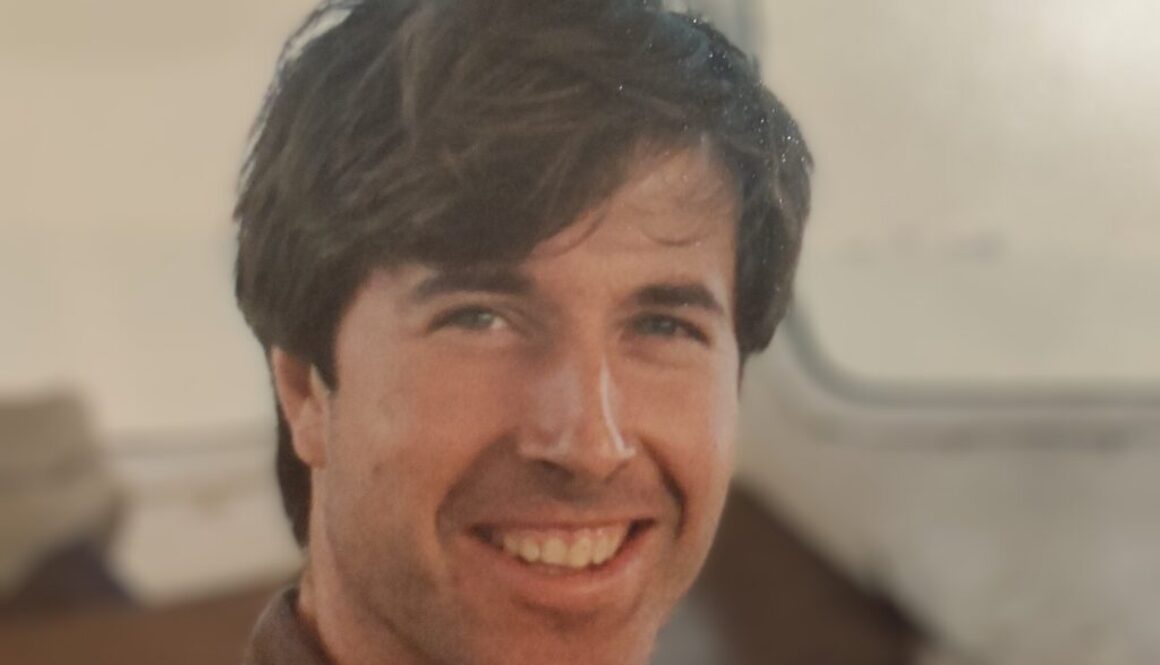It Ain’t Over ’til It’s Over
Everything has a beginning and an end, and Brian O’ Riordan’s circle as Executive Secretary of LIFE came to an end last December, clearing the way for the very talented Marta Cavalle to take on the not-so-easy task of running a platform to give a voice to small-scale fishers. However, early retirement is never a good idea for such strong collaborators as Brian, and he remains with LIFE in a new and important role as policy advisor. From Brussels, he will be able to follow closely all updates in the European Commission and advise SSF as necessary.
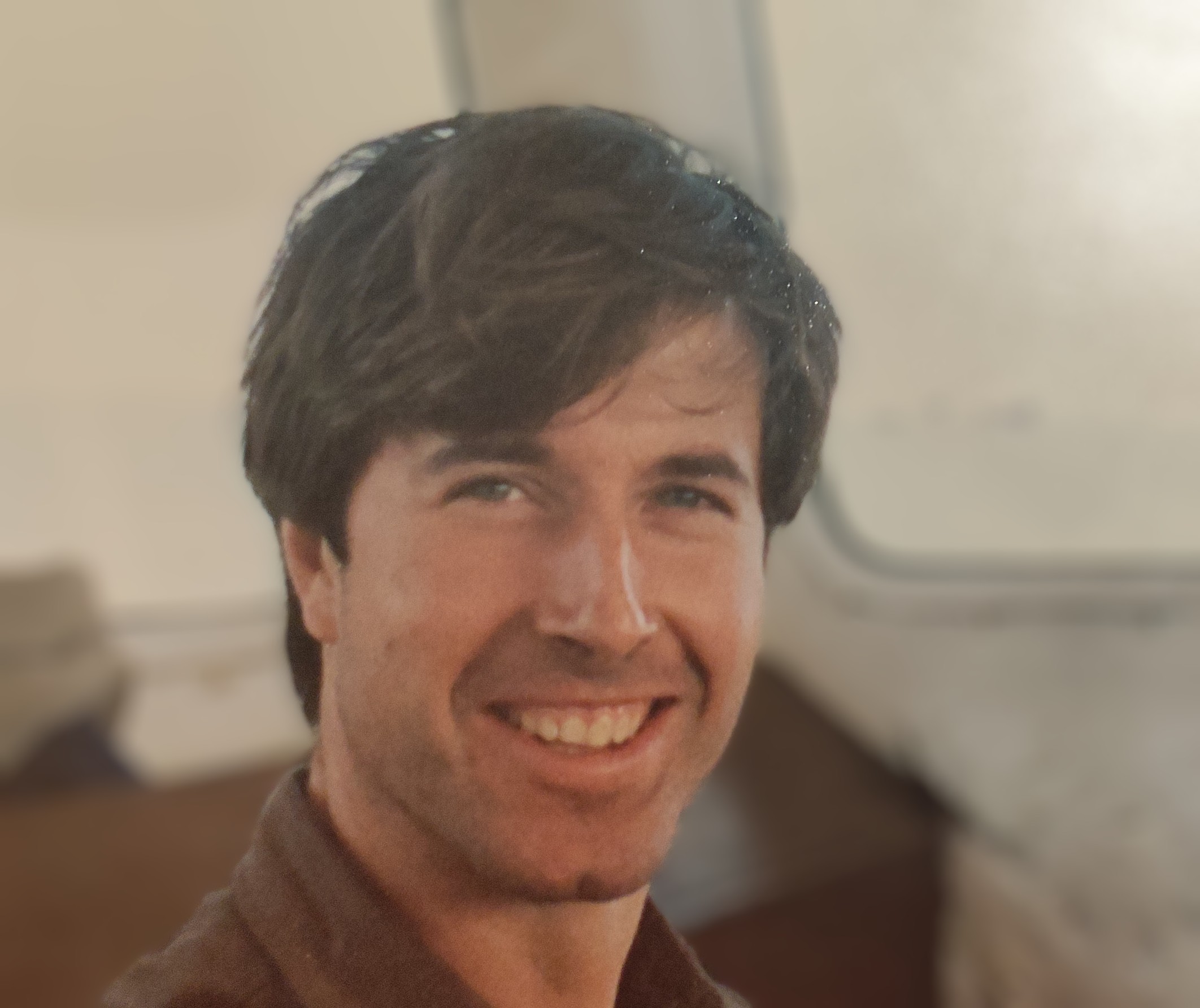
From a young age, Brian was fascinated by life under the water, and fishing. He considered a career in Marine Biology, but after taking a temporary job on a fishing boat, was inspired to focus on fisheries. His journey took him to Plymouth Poly (later University) and Grimsby College for further studies, and then to the Red Sea coast of Sudan. There he worked on a British Government aid project in fisheries. Convinced that aid could be provided a lot better, Brian took a job in Sri Lanka working directly with a fishing community on an NGO technical cooperation project. For the next decade and more, his work took him to Asia, Africa and Latin America, before bringing him to Brussels in 1989. This opened his eyes to the world of professional lobbying, and the absence of small-scale fisheries from most policy discussions. Something he wanted to put right.
He was recruited by the International Collective in Support of Fish workers (ICSF) in 1994 to run their Brussels Office, and took part in the formulation of the FAO Code of Conduct for Responsible Fisheries and Guidelines on Small-scale Fisheries. He engaged in the CFP reforms of 1992, 2002 and 2012, advocating for policies that properly take small-scale fishing into consideration.
Following the adoption of the new CFP in 2013 and the launch of LIFE’s Brussels Office in 2015, Brian was recruited as Deputy Director of LIFE. He navigated LIFE over the Brexit hurdles, and established LIFE as a European registered not for profit association in 2018 as “Executive Secretary”.
He will continue to be a part of LIFE’s staff team for the foreseeable future.
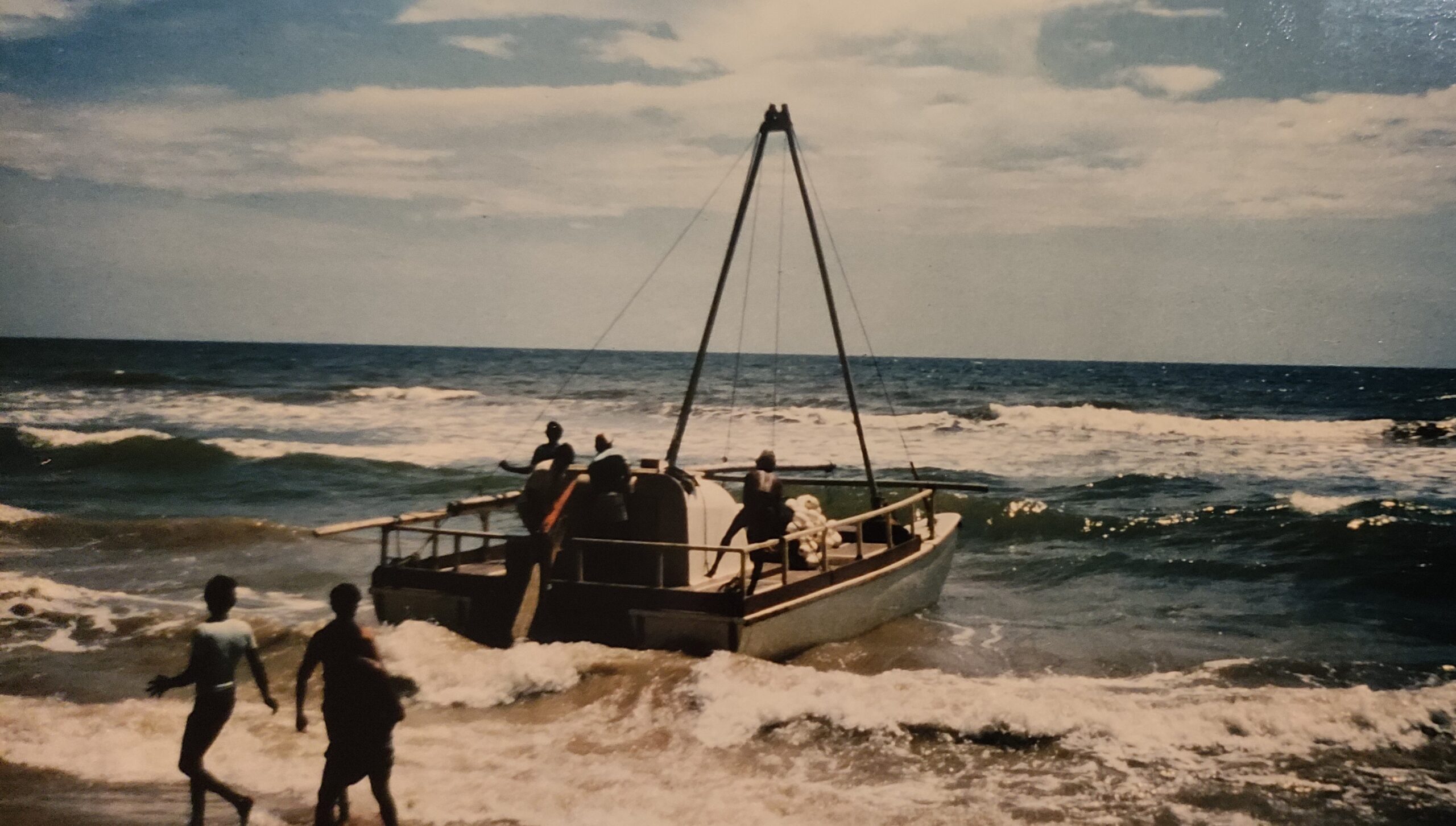
A highly active figure in the industry, many of our readers have been familiar with Brian for years, while others have only recently become acquainted with him. We recently had the pleasure of sitting down with Brian for an engaging conversation in which he recounted the early days of his career in the Global South and his eventual arrival at LIFE. You may be surprised to learn just how varied his career path has been. Enjoy the read!
- What prompted you to pursue a career with small scale fishers?
To cut a long story short, serendipity has played a big part in my life. Since an early age, I’ve been interested in life under the sea and in fishing. After University, I took a job on an inshore fishing boat, which opened up the world of fisheries for me. This prompted me to study fisheries management and led me into small-scale fisheries in the global South.Throughout my career, I’ve been blessed to be in the right place at the right time, meeting and working with inspiring people, under the guidance of some amazing mentors.
My motivation is summed up in the words of Humberto Chamorro, a fisherman from Chile, “as fishermen we are also beacons of the sea because we detect the dangers that threaten our various resources”. The traditional and experiential knowledge of those engaged in small-scale fisheries activities is a rich and precious resource, often poorly understood and undervalued. Building respect for and supporting small-scale fishers and their knowledge, to support them to come from the periphery to the centre of the decision-making processes that affect them, is what motivates me.
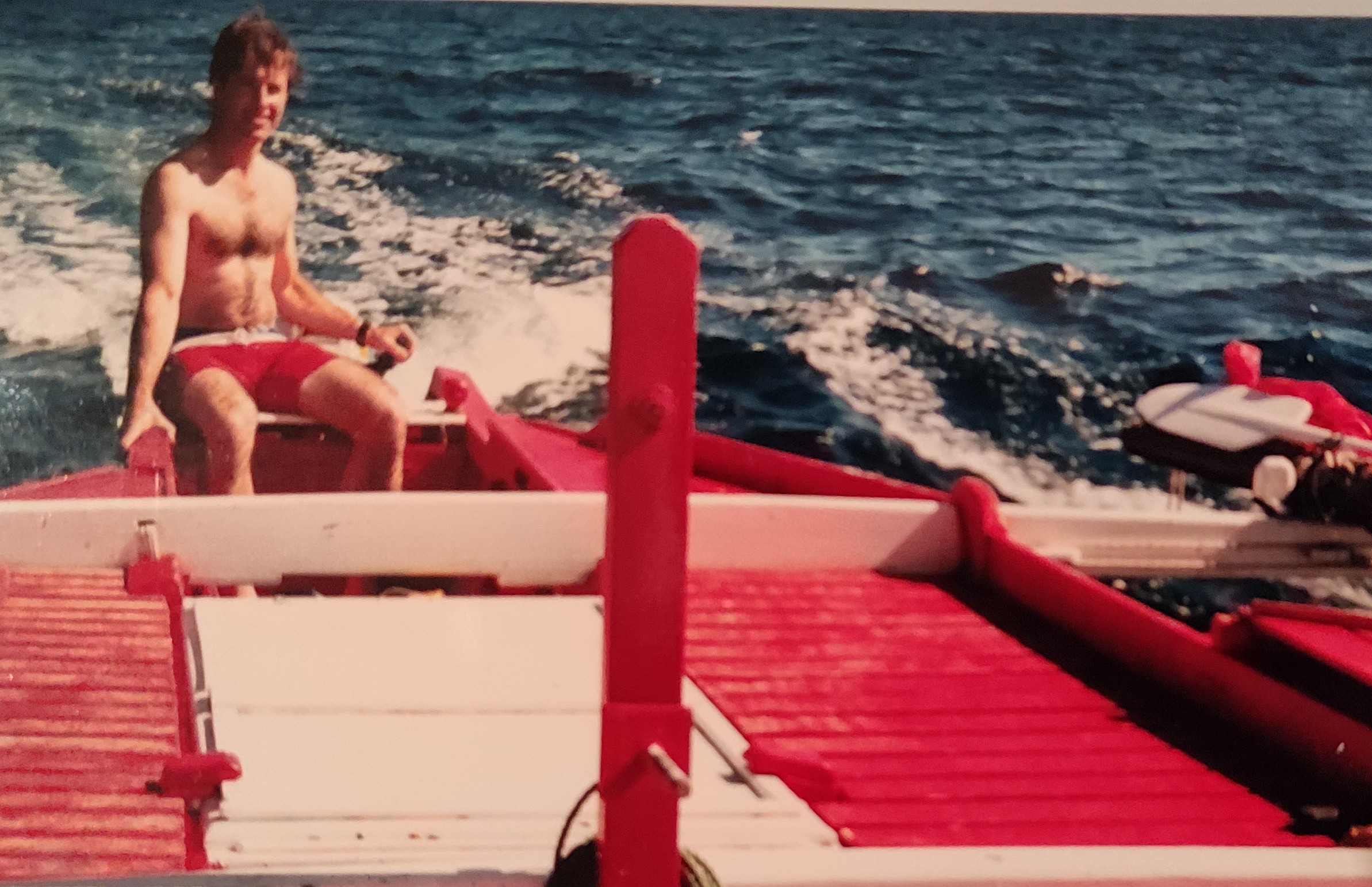
- How did you join LIFE?
During the review and reform process of the last Common Fisheries Policy (CFP), I was approached by Oak Foundation. They were keen to support European small-scale fishers to establish a platform and a common voice to engage in the “Green Paper” process of consultations on CFP reform. This was in 2009. There were many such informal initiatives at that time, which came together under the umbrella of “Oceans 2012”. Many of the fishers I met felt that such an initiative was important, and wanted to establish a more permanent dedicated voice in Brussels. When LIFE opened an office in Brussels in 2015, I was approached to help get the initiative off the ground. The rest, as they say, is history.
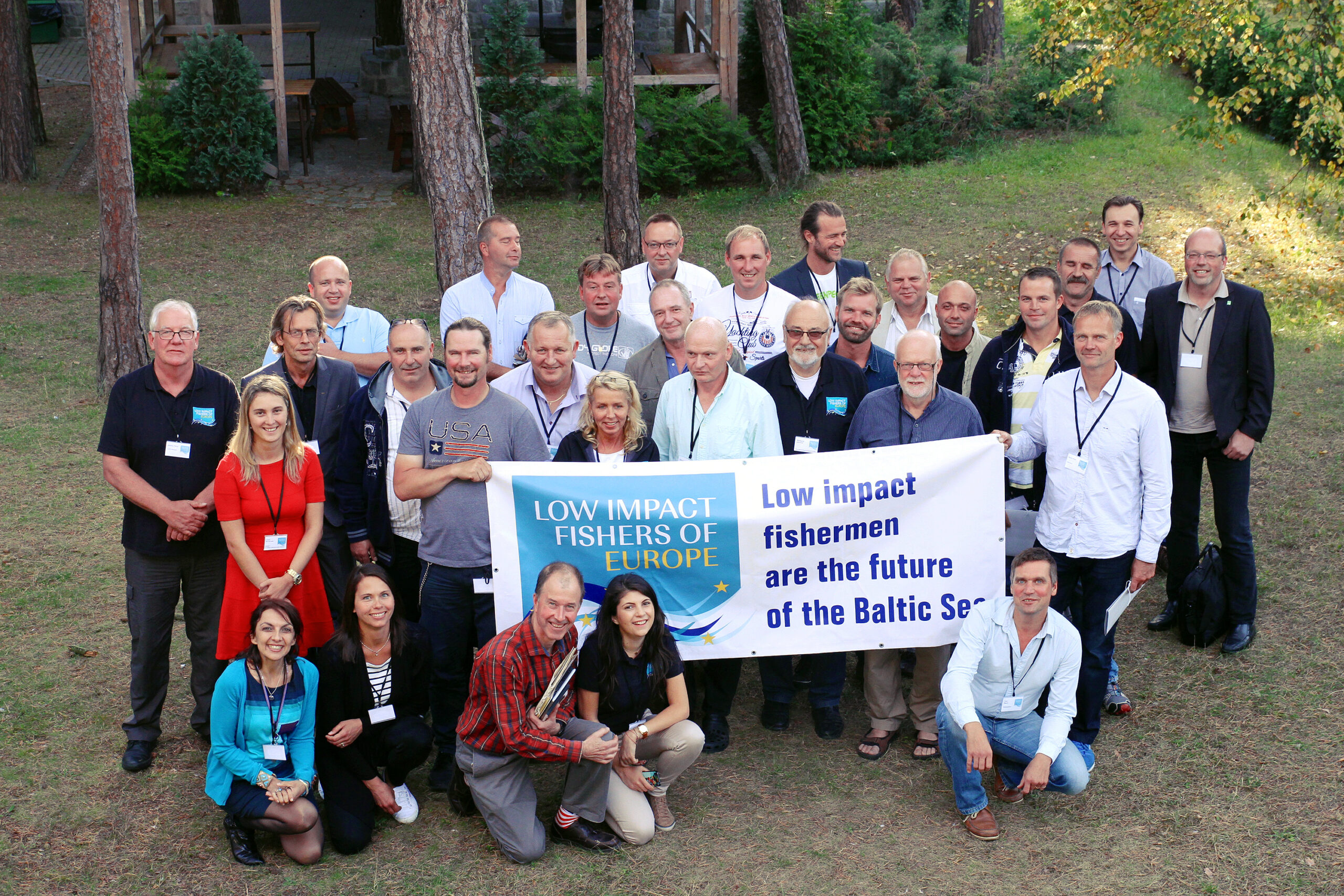
- During the time you were LIFE’s Deputy Director what was the biggest political challenge you faced in the European SSF context?
LIFE has had to confront many challenges. First and foremost, as a newcomer on the scene, LIFE’s mandate as an organization dedicated to representing small-scale fishers, and its credibility were questioned by long established organizations. LIFE is often accused of creating conflict and dividing the sector on the one side, and on the other Producer Organisations and other bodies claim to represent all fishers, small and large scale, saying that there is no need for an organization like LIFE.
I think the past 10 years clearly show that there is a need for an organization like LIFE, and that we are doing a pretty good job of giving Europe’s “forgotten fleet” a voice in Europe as well as supporting them on the ground – at the waterface.
Rather than creating conflict, LIFE advocates a “differentiated approach” to managing small- and large-scale fisheries; from an economic, social and environmental perspective, they are vastly different fleet segments, with a different set of strengths, weaknesses and problems.
- According to you, what is the biggest challenge LIFE faces in the future and how should we get prepared to meet that challenge?
Unlike the large fishing companies, small-scale fishing companies are micro or nano-enterprises, with relative low margins. This makes them vulnerable to economic and other external shocks, and so they are reluctant to invest in an association. LIFE therefore has to depend on grants to support its work. Fundraising requires specific skills, and time and resources must be allocated to this. To meet this challenge, at LIFE we are trying to include specialist fundraisers in our staff team, and to build synergies with philanthropic foundations interested in the ocean, marine conservation, and small-scale fisheries. Our mantra in this regard, is that small-scale low impact fisheries should be seen as part of the solution to environmental conservation, not part of the problem. All too often this is how they are seen: a problem to be got rid of. This is a huge challenge to overcome.
Another problem we face in LIFE is how to make a career in small-scale fisheries attractive to younger generations. Fishing, and rightly so, is often perceived as a difficult and dangerous occupation, with more pain than gain – long hours and harsh working conditions, with uncertain prospects. This makes it an unattractive proposition in our post-modern, tech-savvy world. But it doesn’t all have to be like that.
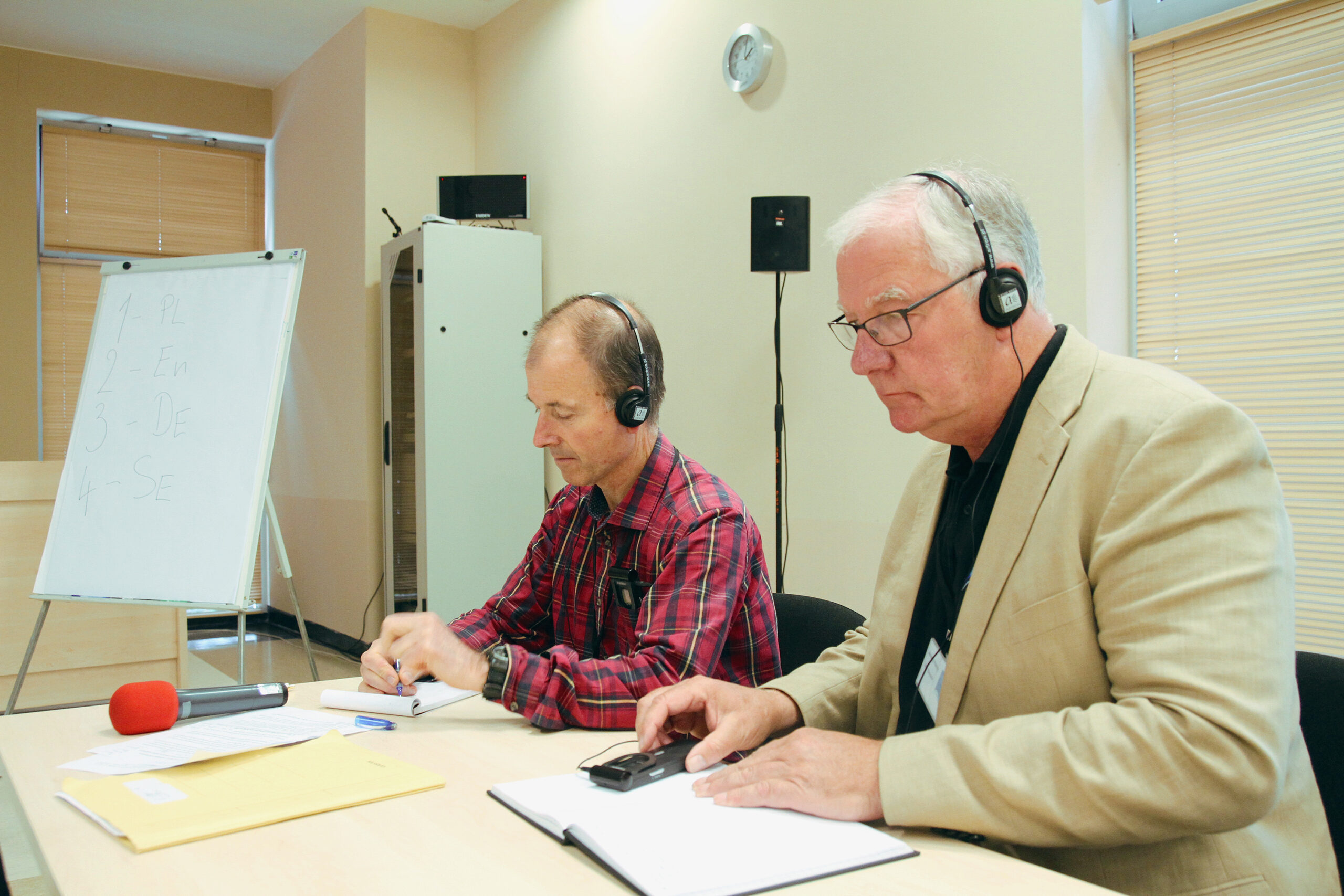
- What is the biggest misconception people have about SSF and how can LIFE change it?
Small-scale fishing communities and small-scale fishers are very distant from most people’s everyday realities. Most people buy their fish in supermarkets, most often in frozen, oven ready form. Only when they go on seaside holidays might they notice the small colorful boats in the fishing harbours, boats going out and returning from the sea, bringing the fresh catch of the day.
So, the catch from the small fishers – only 5% from European fleets, but even less of the fish that ends up on our plates – may be something that people will only eat when they go on holidays, not all the year round. Through a project in the Mediterranean, in partnership with several organisations, LIFE launched the “Foodnected” project, designed to bring small food producers and local consumers together around a shared set of values, to establish a fair price for both parties.
Through this project, we would like to encourage people to learn about different fish species, their biology, when they are in season, how they are caught and by whom. In short, to become discerning consumers, respecting the knowledge, skills and traditions of small-scale low impact fishers.
Access to resources and access to markets are two sides of the same coin for small-scale fishers. People can support small-scale fishers by informing themselves about their products and favouring them in the market by paying a fair price.
- What was the hardest part of your job over the years and what was the fun one?
Of course, it’s all fun and no hardship! I am blessed to work with great colleagues, and with inspiring fishers. What’s not to love?
- What stands out as your biggest accomplishment in your years with LIFE?
There have been several milestones along my journey with LIFE, but most important is LIFE’s continuity – that it continues to be there for small-scale fishers, to provide them with a voice, to get their profession recognized as something of inestimable value, and to support them at the waterface.
- Looking back at your career, knowing what you know now, is there anything that you would do differently?
Of course, hindsight can bring regret and embarrassment. But I’m not a believer in crying over spilt milk. I’ve learned a great deal over the years, and I hope to learn more going forward, and to use this knowledge to support small-scale fishing, whether in Europe or elsewhere.
- What advice do you have for Marta Cavallé?
Use your head and follow your heart. Carry on doing what you are doing, in the way you are doing it, and you will succeed. Remember, your heart is your compass – be guided by it; your head is the steady hand on the tiller – follow its direction.
- What are your plans for retirement?
Retirement? You’re joking! Right?
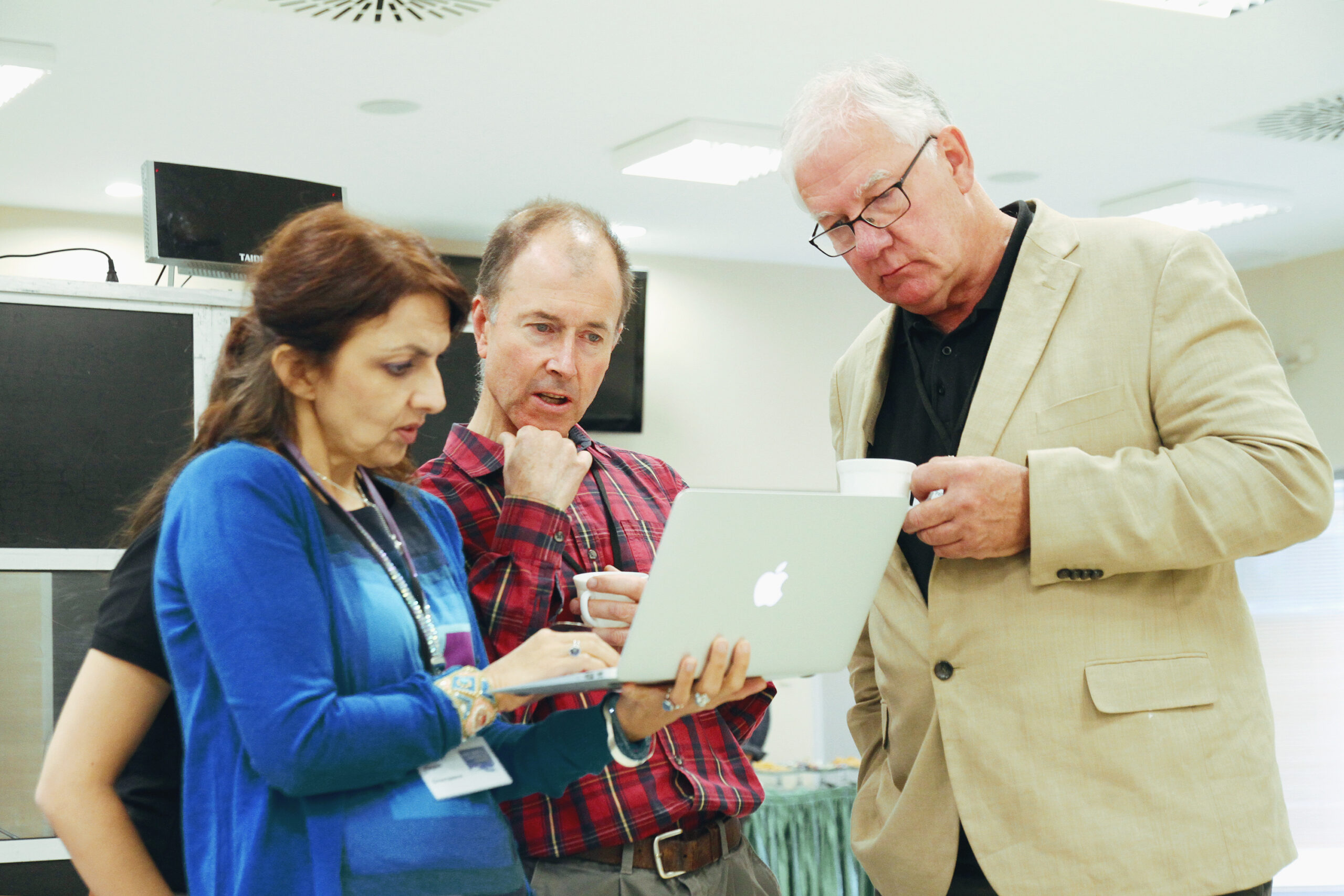
You can reach out to Brian at deputy@lifeplatform.org
